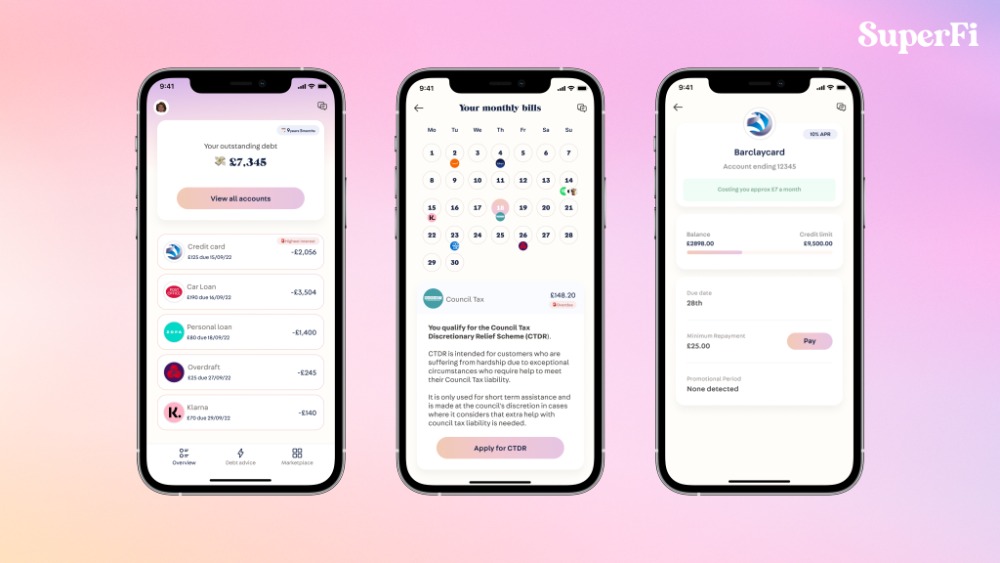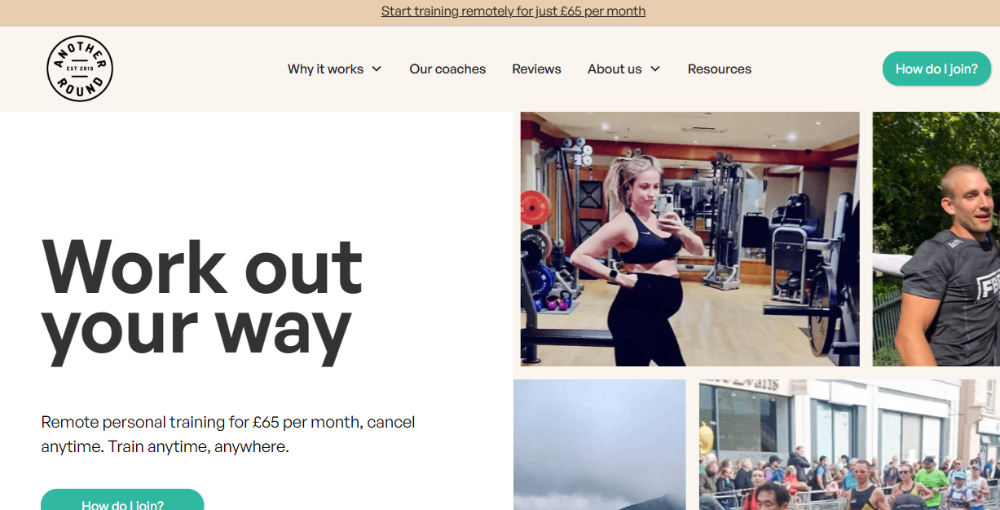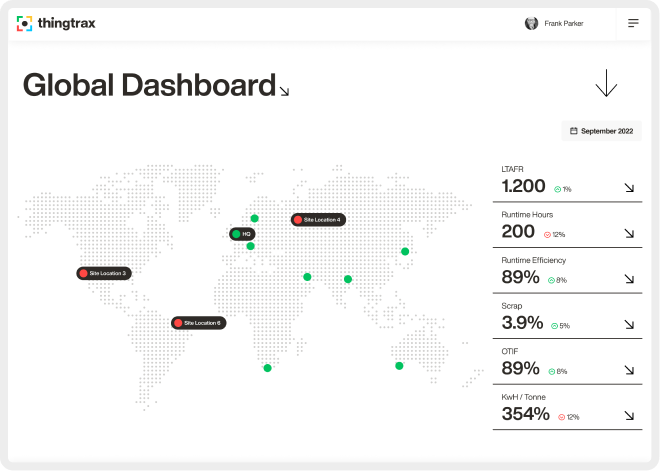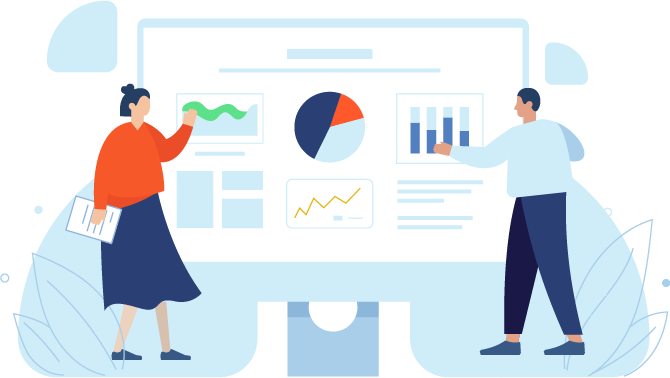Five top tips on how to collect payment - Keeping your business on track

by Startacus Admin
Getting paid by your customers is a crucial part of keeping your business running smoothly. But simply sending out your invoices isn’t enough - you need to remember that a sale isn’t a sale until the money’s in your bank account!
Emily Coltman FCA, Chief Accountant to online accounting service provider FreeAgent, gives her five top tips on how to collect payment from your customers and ensure your bank balance stays in the black.
Make payment and collection easy
Think about the different ways your customers could pay you, and which would be the most straightforward for them.
It’s also worth considering whether there’s any risk to you that the payment might not be processed successfully. For example, direct debits may be returned if the customer’s bank balance is too low.
If you want to provide an easy method for your customers to pay you, it may be a good idea to use a service such as PayPal that lets you take card payments without a merchant bank account. Using PayPal means that your customers don’t have to give their credit card details to you directly, and you won’t incur the fees and additional admin of a merchant bank account. However, it’s important to also do your sums and check PayPal’s fees too, because they charge you when you receive money in from your customers.
Finally, make sure you communicate clearly to your customers how they should pay you, including putting your bank account number and sort code on your invoices.
When should you take payment?
You need to make sure you achieve an acceptable balance of risk between yourself and your customer in this area.
Asking for full payment upfront could put prospects off if they’re worried about losing their money if they’re not happy with your product or service. Consider offering a money back guarantee to make them feel more comfortable.
You could alternatively spread the risk by asking for part payment upfront and part on completion of the work, or delivery of the product.
Asking for payment only once the work is done, or the product is delivered, puts a lot of the risk on to you. If your customer delays payment, or refuses to pay altogether, but you’ve already delivered the service or the product, you could end up out of pocket.
Communicate your payment terms clearly
Make sure your customers and prospects know when they can expect to pay.
Set your payment terms and make sure they’re clearly visible on your website, and reinforce the message by including payment terms on your invoices, too.
You may also want to consider adding a more personal approach onto your invoices to better communicate them to your customers. For example, we had one FreeAgent user who customised his invoices with a picture of his children and a note saying that they wouldn’t get fed until the payment was received.
While you might not want to go as far as this example, a personal message or style could still help ensure your clients remember your invoices and deal with them sooner - rather than leaving them lingering in their “to do” piles.
Chase late payers
A lot of small business owners make the mistake of not chasing money that they’re owed, because they’re worried about losing customers.
Remember, you’re providing a product or service that your customer wants and needs. Don’t be embarrassed to chase them for the money.
If you’re worried that doing this yourself could damage your customer relationships, consider using a virtual PA service.
Using an online accounting tool also allows you to send automatic reminders by e-mail to your customers, both before and after your invoices are due.
No non-payers
Especially if your customer’s business is a lot larger than yours, it’s sometimes tempting to take the line of least resistance and stop chasing them for payment – but keep selling to them, hoping that they will eventually pay up.
In a word, don’t! No business can survive for long without cash to pay its suppliers and its taxes, and remember you’ll want to draw some cash out yourself.
So if your customers don’t pay you, and if they are still unresponsive even after you’ve chased them, you should consider not selling them anything else – because it’s not a sale if they don’t pay you, and you can’t afford to do business with them!
Emily Coltman FCA is Chief Accountant to FreeAgent. The company provides an award-winning online accounting system designed to meet the needs of freelancers and small businesses. Try it for free at www.freeagent.com
If you like what you see here on Startacus, why not become a member of our growing community? It's free! And you'll get all this - exclusive access to our Business Toolkit, discounts and offers galore for your business via our member only business deals, the chance to network and connect with loads of fellow self-starters, and maybe even become our celebrated 'Self-Starter of the Week' and tell the world your startup tale! Join right here for free
Subscribe to our newsletter
If you would like to receive our startup themed newsletter, full of the latest startup opportunities, events, news, stories, tips and advice, then sign up here. How Manufacturing Businesses Can Reduce Energy Costs
How Manufacturing Businesses Can Reduce Energy CostsGot a business in the manufacturing sector? These tips on how you can reduce energy costs while being more sustainable are well worth a read...
 SureIn Secures €4M to Close the SMB Insurance Gap
SureIn Secures €4M to Close the SMB Insurance GapInnovative InsurTech startup SureIn announces a €4M Seed round to further its mission of making insurance easy, transparent and hassle-free for SMBs.
 How IoT Is Revolutionising Consumers' Daily Lives
How IoT Is Revolutionising Consumers' Daily Lives Nassia Skoulikariti, Director of IoT Programmes, Mobile Ecosystem Forum shares some insights on how IoT is having a significant impact on all our lives.
 How to invest in tech companies with the help of AI
How to invest in tech companies with the help of AIRoger James Hamilton, Founder and CEO of Genius Group, a world-leading entrepreneur Edtech and education group, discusses how introducing a globalized curriculum will help better prepare students.
 SuperFi raises $1M pre-seed funding round
SuperFi raises $1M pre-seed funding roundSuperFi, the debt prevention platform, has announced a $1m pre-seed funding round to support people during the cost of living crisis.
 Startups rely on AI & sustainability for new partnerships
Startups rely on AI & sustainability for new partnerships41 startups from 13 countries, including the UK, have been selected for the 8th Kickstart Innovation program, one of Europe’s leading innovation platforms.
 Another Round closes £300k Seed round to revolutionise personal training
Another Round closes £300k Seed round to revolutionise personal trainingPersonal training platform Another Round has secured £300k in its latest fundraise, including investment from angels and its community.
 Thingtrax Secures £4.3M
Thingtrax Secures £4.3MThingtrax Secures £4.3M to Empower Manufacturers to Build the Factories of the Future
 A measure of inflation relief for small firms
A measure of inflation relief for small firmsA measure of inflation relief for small firms sees transport costs fall but service price increases remain elevated
 A look at HR tech startup HR DataHub
A look at HR tech startup HR DataHubBedfordshire-based HR tech startup HR DataHub has built a range of tools for HR departments
Published on: 17th November 2013
If you would like to enable commenting via your Startacus account, please enable Disqus functionality in your Account Settings.







- SureIn Secures €4M to Close the SMB Insurance Gap 15th Aug 2023 Innovative InsurTech startup SureIn announces a €4M Seed round to further its mission of making insurance easy, transparent and hassle-free for SMBs.
- SuperFi raises $1M pre-seed funding round 28th Jul 2023 SuperFi, the debt prevention platform, has announced a $1m pre-seed funding round to support people during the cost of living crisis.
- Startups rely on AI & sustainability for new partnerships 27th Jul 2023 41 startups from 13 countries, including the UK, have been selected for the 8th Kickstart Innovation program, one of Europe’s leading innovation platforms.
- Another Round closes £300k Seed round to revolutionise personal training 21st Jul 2023 Personal training platform Another Round has secured £300k in its latest fundraise, including investment from angels and its community.







 Daniel Dierkes, David Schara, and Maximilian Geißinger 2.jpeg)

.jpg)




















